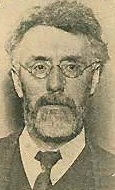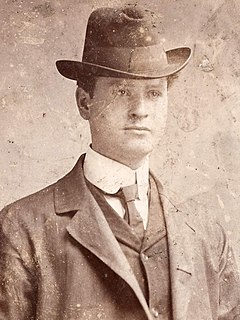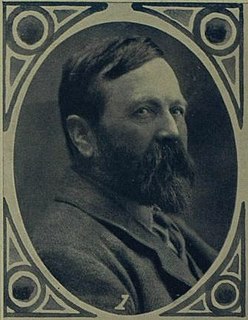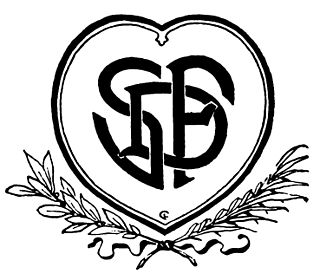Related Research Articles

The Independent Labour Party (ILP) was a British political party of the left, established in 1893, when the Liberals appeared reluctant to endorse working-class candidates, representing the interests of the majority. A sitting independent MP and prominent union organiser, Keir Hardie, became its first chairman.

Henry Quelch was one of the first Marxists and founders of the social democratic movement in Great Britain. He was a socialist activist, journalist and trade unionist. His brother, Lorenzo "Len" Quelch, was also a socialist activist, while his son, Tom Quelch, achieved note as a prominent communist activist.
John Joseph Jones, was a Labour Party Member of Parliament (MP).

David Daniel "Dan" Irving was a British socialist activist and Labour Party Member of Parliament.

Jack Fitzgerald was a founder member of the Socialist Party of Great Britain.
Jack Kent was a British politician and an important figure in the early history of the Socialist Party of Great Britain.

Ernest John Bartlett Allen was a British socialist active in the United Kingdom and New Zealand.

Thomas Alfred Jackson was a founding member of the Socialist Party of Great Britain and later the Communist Party of Great Britain. He was a leading communist activist and newspaper editor and worked variously as a party functionary and a freelance lecturer.
Albert E. Jacomb was a British printer and founding member of the Socialist Party of Great Britain.

Cornelius "Con" Lehane was a socialist active in the Irish Socialist Republican Party, the Social Democratic Federation, and the Socialist Party of Great Britain.
Valentine la Touche McEntee, 1st Baron McEntee was an Irish-born Labour Member of Parliament (MP) in the United Kingdom.
Thomas Hargrave Bell was a Scottish socialist politician and trade unionist. He is best remembered as a founding member of both the Socialist Labour Party and the Communist Party of Great Britain and as the editor of Communist Review, the official monthly magazine of the latter.
Alfred Augustus Watts (1862–1928), also known as A. A. Watts, was a British communist.

Edward Robertshaw Hartley was a British socialist politician.
The 1902 Dewsbury by-election was a by-election held in England on 28 January 1902 for the House of Commons constituency of Dewsbury in the West Riding of Yorkshire.

The Socialist Labour Party was a socialist political party in the United Kingdom. It was established in 1903 as a splinter from the Social Democratic Federation (SDF) by James Connolly, Neil Maclean and SDF members impressed with the politics of the American socialist Daniel De Leon, a Marxist theoretician and leading figure of the Socialist Labor Party of America. After decades of existence as a tiny organisation, the group was finally disbanded in 1980.

The British Socialist Party (BSP) was a Marxist political organisation established in Great Britain in 1911. Following a protracted period of factional struggle, in 1916 the party's anti-war forces gained decisive control of the party and saw the defection of its pro-war right wing. After the victory of the Bolshevik Revolution in Russia at the end of 1917 and the termination of the First World War the following year, the BSP emerged as an explicitly revolutionary socialist organisation. It negotiated with other radical groups in an effort to establish a unified communist organisation, an effort which culminated in August 1920 with the establishment of the Communist Party of Great Britain. The youth organisation the Young Socialist League was affiliated with the party.

The Social Democratic Federation (SDF) was established as Britain's first organised socialist political party by H. M. Hyndman, and had its first meeting on 7 June 1881. Those joining the SDF included William Morris, George Lansbury, James Connolly and Eleanor Marx. However, Friedrich Engels, Karl Marx's long-term collaborator, refused to support Hyndman's venture. Many of its early leading members had previously been active in the Manhood Suffrage League.

The Socialist Party of Great Britain (SPGB) is a socialist political party in the United Kingdom. Founded in 1904 as a split from the Social Democratic Federation (SDF), it advocates using the ballot box for revolutionary purposes and opposes both Leninism and reformism. It holds that countries which claimed to have established socialism had only established "state capitalism" and was one of the first to describe the Soviet Union as state capitalist. The party's political position has been described as a form of impossibilism.
Edwin Charles Fairchild (1874–1955) was a socialist activist and conscientious objector during the First World War.
References
- ↑ London Municipal Notes - Volumes 18-23, London Municipal Society
- Socialist Party of Great Britain 1904–1913 membership register
- Justice
- Socialist Standard , July 1906